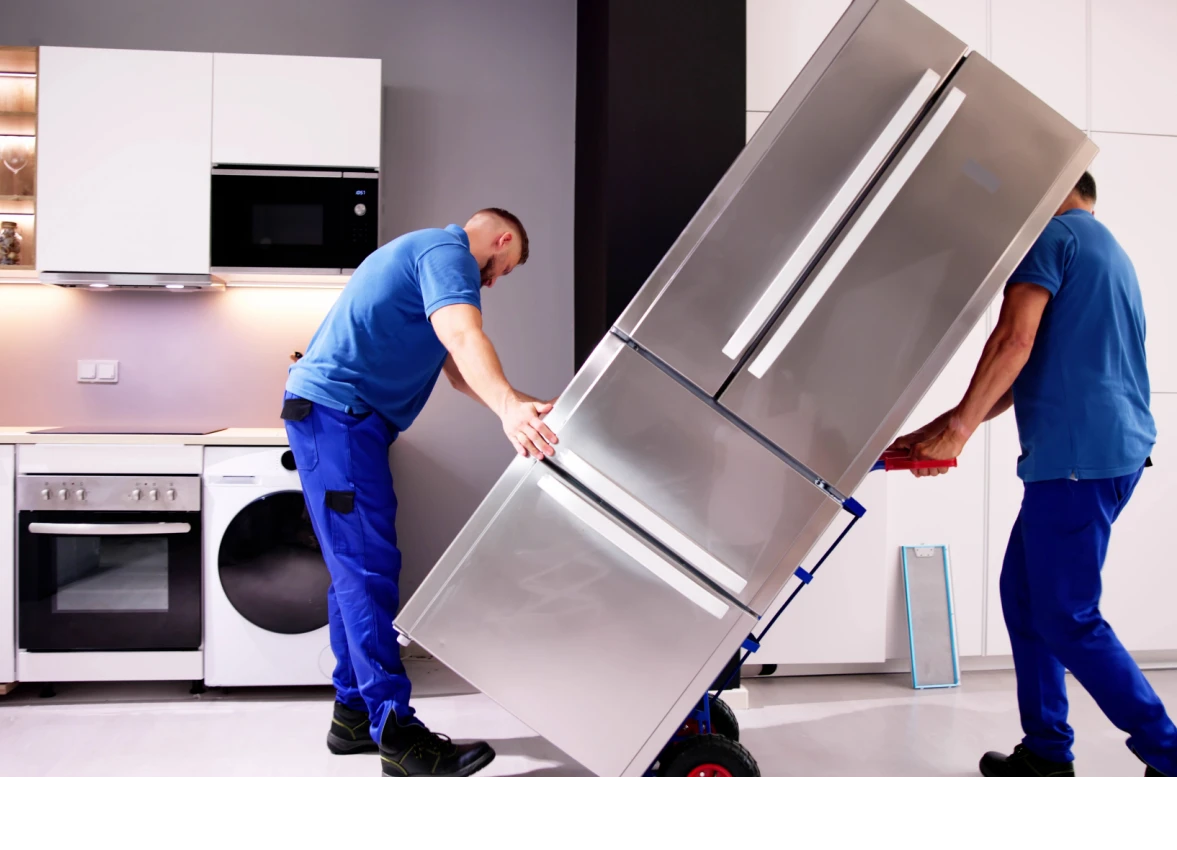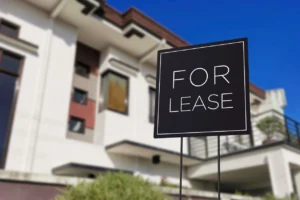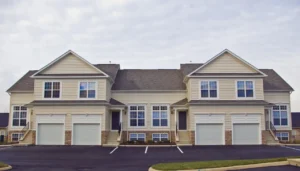In most rental markets, tenants expect certain core rental appliances to be included.

What Appliances Should Landlords Provide?
When managing a rental property, one of the most practical decisions landlords face is which appliances to include. While it may seem like a simple checklist, the choice of rental household appliances can influence your property’s appeal, rental value, and even the type of tenants you attract.
From tenant expectations to cost and maintenance, understanding what’s worth providing can help you make smarter, more profitable decisions.
This guide will walk you through the most commonly expected appliances in apartments and rentals, optional upgrades that can boost appeal, and key factors to consider before making a purchase.
Common Appliances Tenants Expect
In most rental markets, tenants expect certain core rental appliances to be included. Failing to provide these could make your property less competitive.
1. Refrigerator
A refrigerator for an apartment or other rental is typically considered a standard appliance in any rental property. Unless your rental is marketed as extremely low-budget or geared toward short-term occupancy, not providing a fridge could deter qualified renters.
2. Oven/Stove
Whether gas or electric, a stove and oven combo is essential in almost every rental. It’s one of the most basic expectations, even in apartments and studios.
3. Microwave
While not universally expected, microwaves are becoming more common—especially in urban apartments or smaller rental units where space and convenience matter. An over-the-range microwave can also double as a vent hood, making it a smart two-in-one solution.
4. Dishwasher
In larger or mid- to high-end rentals, a dishwasher may not be required, but it’s definitely appreciated. It can help attract tenants who prioritize convenience, especially in family-sized units.
5. Washer and Dryer or Hookups
In-unit laundry is a major bonus for many tenants. While it may not be expected in every market, having either a washer/dryer set or laundry hookups can significantly improve your property’s appeal and potentially justify higher rent.
Screen Your Tenant Today!
Gain peace of mind with AAOA’s credit, criminal, and eviction reports.
Optional Appliances That May Boost Appeal
Some appliances in apartments and rentals aren’t must-haves, but offering them can make your property stand out—especially if they’re well-matched to your rental type or tenant base.
- Air Conditioning (Window or Central): In warmer climates, air conditioning isn’t optional—it’s a necessity. In moderate climates, window units or portable AC systems can be a low-cost way to increase comfort without investing in central air.
- Garbage Disposal: This small addition can make a big difference in kitchen convenience. However, disposals can be prone to misuse and may require regular maintenance or replacement.
- Ceiling Fans: These are an inexpensive way to improve air circulation and reduce energy use. Tenants in both warm and cold climates tend to appreciate them for their energy-saving benefits.
- Smart Appliances: In higher-end rentals, smart features like Wi-Fi-enabled thermostats, ovens, or fridges can attract tech-savvy tenants. These aren’t essential for most units but can be a differentiator in luxury or modern properties.
Market & Property Type Considerations
Not all rental properties need to offer the same appliance package, and landlords should consider several market and property-specific factors before deciding what to include.
In some neighborhoods, tenants may expect rental appliances like dishwashers or in-unit laundry because they’re standard in comparable rentals—omitting them could make your unit less competitive.
The rental price point also matters: higher-end units typically come with greater expectations, while budget rentals may not require a full suite of appliances for rental properties to attract tenants.
Your target tenant demographic plays a role as well—students may prioritize affordability over convenience, whereas families are more likely to value large refrigerators or a washer and dryer.
Finally, the size and layout of the unit can limit what’s practical. For smaller apartments or studios, space-saving options like stackable laundry units or compact dishwashers can be smart alternatives.
Cost, Durability & Maintenance Factors
Beyond what tenants want, landlords also have to weigh the practical aspects of providing appliances.
- Initial Investment vs. Long-Term Value: Providing appliances comes with an upfront cost—but it can help justify higher rent and may reduce tenant turnover. Over time, this can result in a net gain.
- Energy Efficiency: Choosing Energy Star-rated appliances can lower utility costs in properties where landlords pay for electricity or water. For tenant-paid utilities, efficiency can still be a selling point.
- Repair and Replacement: Avoid overly complex or high-end models unless your rental justifies them. Look for standard-size appliances that are easy to replace and repair. Keep documentation and model numbers handy for any needed service.
- Warranties and Service Plans: For long-term rentals, extended warranties or service plans may be worth the cost, especially for major appliances like washers or refrigerators. These can help manage unexpected repair expenses.
How Appliances Can Affect Rental Value
Offering a solid set of appliances for rental properties can do more than attract tenants—it can also directly influence how much rent you can charge.
Renters are often willing to pay a premium for conveniences like in-unit laundry, dishwashers, or air conditioning, especially in competitive or higher-end markets. Including these features can make your property stand out in listings and attract more qualified applicants.
In some cases, a well-equipped unit can help fill vacancies faster, reducing the time and cost associated with turnover. Over the long term, providing the right rental appliances may also lead to better tenant retention and a more stable rental income.
Frequently Asked Questions
Do landlords have to provide a fridge?
In most rental markets, tenants expect a refrigerator to be included—so unless you’re marketing the unit as very basic, it’s usually worth providing one. It’s advisable to check local laws and regulations.
Do landlords have to replace appliances?
If you’ve supplied an appliance and it wears out from normal use, replacing it can help you maintain your property’s appeal and avoid tenant frustration.
Are landlords responsible for appliance repair?
In most cases—unless the damage is clearly caused by tenant misuse. Handling these repairs promptly helps protect your investment and keeps tenants satisfied.
Source: Genuine Property Management













 Accessibility
Accessibility